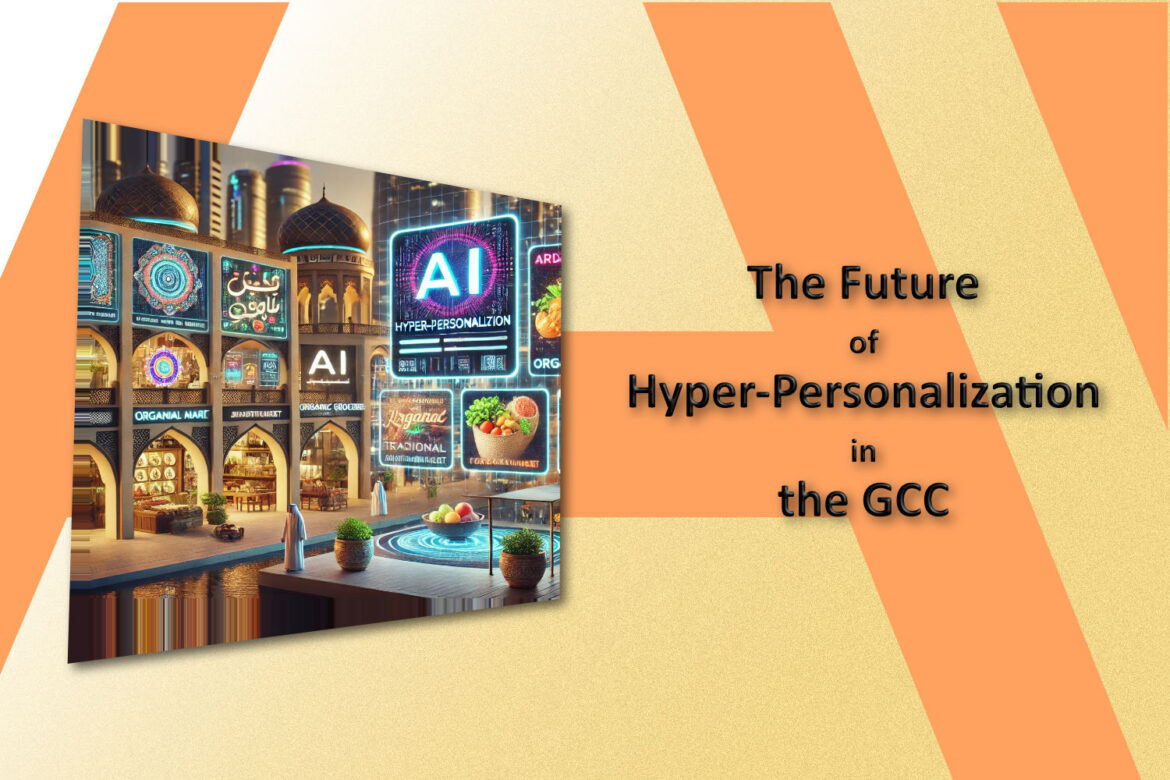As digital transformation sweeps across industries, hyper-personalization is becoming a vital strategy for businesses looking to enhance customer experiences. Powered by AI, hyper-personalization goes beyond basic segmentation, allowing businesses to deliver real-time, tailored experiences for each customer based on their preferences, behaviors, and past interactions. For marketers in the GCC, where customer expectations are rising, adopting this trend is no longer optional—it’s the future of creating meaningful connections with audiences.
In this article, we’ll explore how AI-driven hyper-personalization is revolutionizing customer experiences in the GCC, offering culturally relevant examples, and pointing you toward the tools and strategies that can make a real difference.
What is Hyper-Personalization?
Hyper-personalization is the use of AI and real-time data to deliver customized messages, products, or services to individual customers. Unlike traditional personalization, which might involve simple recommendations based on previous purchases, hyper-personalization leverages AI to analyze a wide range of data points, including browsing behavior, social media activity, and even weather patterns, to offer each customer a unique experience.
For instance, a retailer in Saudi Arabia might use hyper-personalization to send tailored discounts to customers based on the season, their purchasing habits, and local trends. An AI-driven system can even predict when a customer is likely to make a purchase and send reminders or personalized product suggestions accordingly. This is particularly useful in the GCC, where consumers expect highly relevant and timely engagement from brands.
AI-Powered Hyper-Personalization in the GCC: Culturally Relevant Examples
1. E-commerce platforms in the UAE:
Many e-commerce businesses in the UAE, such as Namshi and Amazon.ae, are already leveraging hyper-personalization. These platforms use AI to recommend products based on browsing history, location, and even the time of day. For instance, during Ramadan, AI systems can analyze customer behaviors and offer relevant promotions for Iftar meal kits or Eid gifts, creating a seamless, culturally relevant shopping experience.
To learn more about how AI is revolutionizing e-commerce personalization, check out this article from McKinsey: AI in E-commerce.
2. Hospitality sector in Saudi Arabia:
In the hospitality industry, particularly with the growth of domestic tourism in Saudi Arabia, AI-powered hyper-personalization has helped businesses like Al Faisaliah Hotel tailor offers to guests. Based on previous stays, AI systems can suggest room upgrades, special dining experiences, or cultural activities that match the guests’ interests. Hotels in Makkah and Madinah are using hyper-personalization to offer personalized Umrah and Hajj services, catering to pilgrims’ specific needs and preferences.
3. Hyper-local retail in Kuwait:
Retailers in Kuwait are increasingly embracing AI-driven personalization. For example, Sultan Center, a leading grocery store chain, uses AI to send personalized promotions based on local events, such as National Day celebrations. Shoppers might receive discounts on traditional Kuwaiti food items or seasonal products based on their past shopping habits and cultural preferences.
For more on AI in retail and its global impact, check out this resource from eMarketer: AI in Retail.
How GCC Marketers Can Get Started with Hyper-Personalization
To effectively leverage hyper-personalization in the GCC, marketers should focus on building a robust AI infrastructure and gathering the right data. Here are some key strategies:
- Invest in AI-driven marketing platforms: Tools like Salesforce Einstein or Adobe Experience Cloud allow businesses to automate personalization at scale. These platforms can help GCC marketers customize customer journeys from the first interaction to post-purchase engagement.
- Leverage cultural insights: In a region as diverse as the GCC, understanding cultural nuances is essential. AI can help marketers tailor experiences that resonate with local traditions, religious observances, and social norms. For example, marketers could send personalized Eid greetings or offer exclusive Ramadan promotions to customers in a way that feels authentic.
- Utilize real-time data: Hyper-personalization thrives on real-time insights. By integrating AI with your CRM and e-commerce platforms, businesses can react to customer behaviors instantly, offering personalized product recommendations, dynamic pricing, and timely notifications.
The Future of Hyper-Personalization in the GCC
As AI technology continues to evolve, hyper-personalization will become even more sophisticated, enabling brands to deliver experiences that feel almost intuitive. In the GCC, where consumer behavior is highly influenced by culture and tradition, businesses that adopt hyper-personalization will not only gain a competitive edge but also foster deeper, more meaningful relationships with their customers.
By leveraging AI and embracing hyper-personalization, GCC businesses can meet—and exceed—customer expectations, ultimately driving loyalty and long-term growth.

